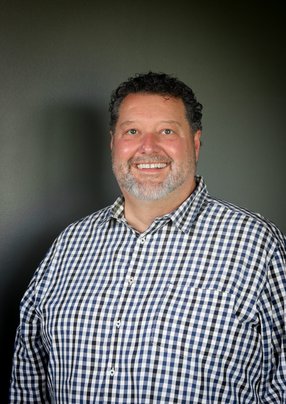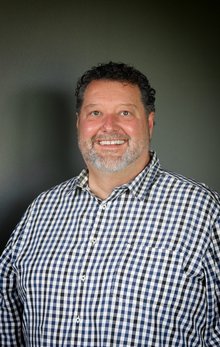Shannon Shirk is an executive who “grew up” in the high-tech product engineering space, starting on the business development side before moving into running global development teams.
His early work was dominated by software testing, localisation and internationalisation projects, translating text into various languages and carrying out technology certification programmes for big-name companies.
Moving further into outsourced product engineering, his focus shifted to bringing people’s ideas to life – increasingly in the healthcare sector.
“Healthcare is sometimes 10-15 years behind in applying technology,” says Shirk.
“In the US, for example, faxing is still rampant. It’s crazy to think we’re in 2024 and a lot of the orders, prescriptions and beyond are still done via fax.”
Fourteen years ago, Shirk moved full-time into the healthcare technology space and spent several years helping companies apply a high-tech mindset and product engineering rigour into their products, processes and systems.
Up next was a stint as CIO at a nationwide radiology practice, where he took responsibility for combining technology into a single platform to reduce costs and increase opportunities.
Shirk was subsequently recruited into the biopharma real-world data space, a role which saw him run the Integrated Health Practice for IQVIA, supporting global data collection and analytics for patient advocacy groups and medical specialty societies.
Finally, Shirk was brought in by Health Connect America as its first-ever CIO in the summer of 2023 to reshape the technology function and ensure the organisation is well placed to provide high-quality care.
Passionate about mental health
Shirk speaks passionately about the importance of mental and behavioural health.
His belief is that there is a community of people worldwide who are suffering from mental ill health and being underserved – and he wants to be a part of ensuring this community is no longer neglected.
“I think we're all starting to realise now how critical mental and behavioural health is for us to simply operate on a daily basis,” Shirk continues.
“The pandemic really brought that to light because we were all alone and mental health issues skyrocketed.”
It’s also an aspect of healthcare which is personal to Shirk, who adds: “Through some personal and family experiences, and the help I’ve received over the years, I’ve grown to know how important our mental health is.”
So, when the chance arose to join Health Care America, which provides personalised mental health services for adults, at-risk children and their families, Shirk knew it was too good to turn down.
“Providing community-based mental and behavioural health services to these small, underserved communities was a really unique and mission-driven opportunity,” he explains.
“At this point in my career, I really wanted to go somewhere with a deep mission to help improve people's lives. I really felt like this was the place to be.”
Making a difference
Less than 12 months into the job, Shirk already feels a sense of pride in contributing to efforts that are making a discernible difference to people’s lives.
One aspect of the business, for example, is therapeutic foster care, which is ultimately aimed at returning children to their childhood homes or finding loving adoptive parents.
“That’s not to say I’m personally making a big difference,” Shirk emphasises, “but through technology, our team is helping our clinicians make a difference. To hear these stories of children being reunited with their biological families or being adopted into loving homes is super heartwarming.
“That ability to help these families and their children is one of the best things about my job.”
But things are not always straightforward from a technological point of view for Shirk and his team.
The sheer size of the US means the technology needs of clinicians, clients and the wider business varies heavily on a state-by-state, even county-by-county basis. Because Health Connect America serves so many rural, underserved communities, internet connectivity can often be poor, meaning the ability for patients to receive high-quality care is limited.
“We do a lot of in-home visits with our clinicians in these rural communities,” Shirk concludes. “Without that, patients wouldn’t have the opportunity to receive the quality care they need.”
Make sure you check out the latest industry news and insights at Healthcare Digital and also sign up to our global conference series - Tech & AI LIVE 2024
**************
Healthcare Digital is a BizClik brand
- Virginie Helias: How P&G Champions Healthcare SustainabilitySustainability
- AstraZeneca CSO Pam Cheng: Health Equity & SustainabilitySustainability
- McKinsey, GSK & Novo Nordisk: This Week in HealthcareTechnology & AI
- How Cardinal Health Creates Sustainable Supply ChainsMedical Devices & Pharma






